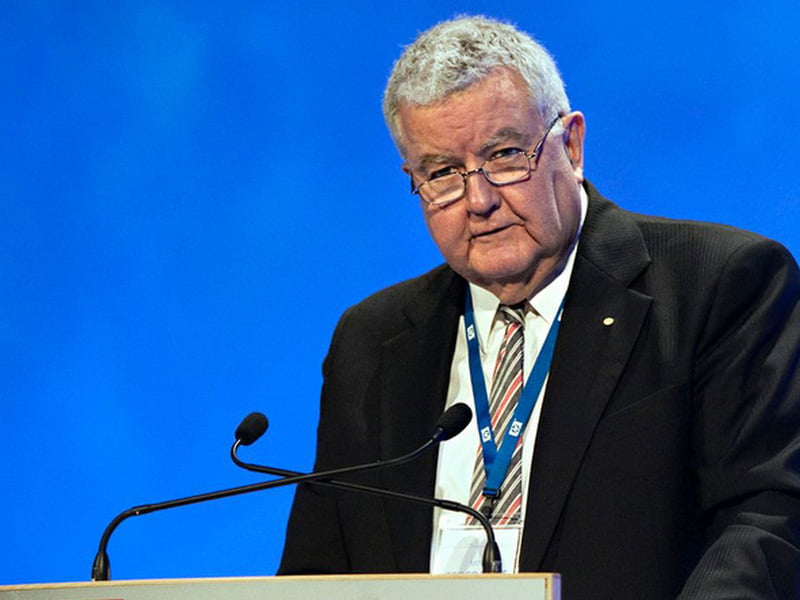The corporation in charge of dispersing $15 billion of government funds into priority economic areas should be required to seek scientific advice on its investments, scientists say, warning transparency and accountability is critical for the “big ship” policy.
The proposal from the Australian Academy of Science, would create a legal requirement for the National Reconstruction Fund (NRF) Corporation to seek advice from scientists on the likely performance and risks of its investments, especially “those that rely upon highly innovative or unproven technologies”.
The near-70 year old Academy argued for the oversight in Canberra on Wednesday, where it also pushed for a more consolidated and strategic approach to funding the research that could one day lead to NRF backed projects.

In addition to clearing investments, an NRF scientific advisory group could also provide input on priority areas and major developments in science and technology.
The National Reconstruction Fund Corporation bill currently being debated in Parliament does require board members to have “substantial experience or expertise” and “professional credibility and significant standing” in either banking and finance or one of the priority investment areas.
But appointments can also be made by the government if a person has the skills in “any other field that the minister considers appropriate”.
The Academy said a range of mechanisms could provide additional scientific oversight, such as advice from the chief scientist, or the National Science and Technology Council, but it has recommended a new legislated advisory committee.
“We believe that putting in legislation provides it with a level of authority and level security. It’s not something that can then be easily ignored in the future,” Australian Academy of Science director science policy Christopher Anderson told the current NRF Senate inquiry.
Former chief scientist of Australia Professor Ian Chubb said the committee needs to be independent from government and if the NRF board goes against its advice, it should be required to explain why.
“I think there’s a lot of money at stake,” Professor Chubb, now the Academy’s secretary of science policy, told the inquiry.
“That concept of accountability, I think is an important thing about when you’re setting the new sales for the direction of the big ship Australia, and that’s what this [NRF] has the potential to do.”
Professor Chubb added the NRF could be better leveraged with a more strategic and cohesive approach to research funding, recommending an American approach where government sets problems for the research sector to solve.
“I think you can establish a system where the objectives are clear, the problems are clear. It’s all very well to set a priority, but under that priority there are projects. So what do you actually want to do with some of those priority areas and so on?”
“And you can work the two together by identifying and then recruiting to solve the problem, rather than my era of academics saying, ‘I’ve got a lot of knowledge about something and I expect you to be interested in it,” Professor Chubb said.
“It’s how you use that knowledge to make sure that you can solve some of the problems and with a fund like this [NRF], you’re able to set objectives, you’re able to set priorities, you’re able to say we want problem solved.”
Mr Anderson urged the inquiry to think of the NRF and Clean Energy Finance Corporation it is based on as the “glue” that connects early stage research and development and economic and social impact, provided there is a cohesive approach.
“Hopefully the NRF can fill that gap. But it can only fill that gap if there’s also a corresponding commitment from government to coordinate what the NRF needs in terms of the whole sector,” he said.
“So you would think logically, there would be connections between the priorities that are expressed by the government for the NRF with the [National] Science and Research Priorities, with the policies and practices that the department of Education is telling universities that the government needs.
“And you also need to build that base capacity as well. You can’t ignore the fundamental basic science and building up the skills and capacities as well. So it is all about coordination.”
The Senate inquiry is expected to provide a report next month.
Do you know more? Contact James Riley via Email.


I wonder what diversity of advice would be presented in respect of any funding proposed for Carbon Capture and Storage??? For years the silence has been deafening, most notably from within CSIRO.